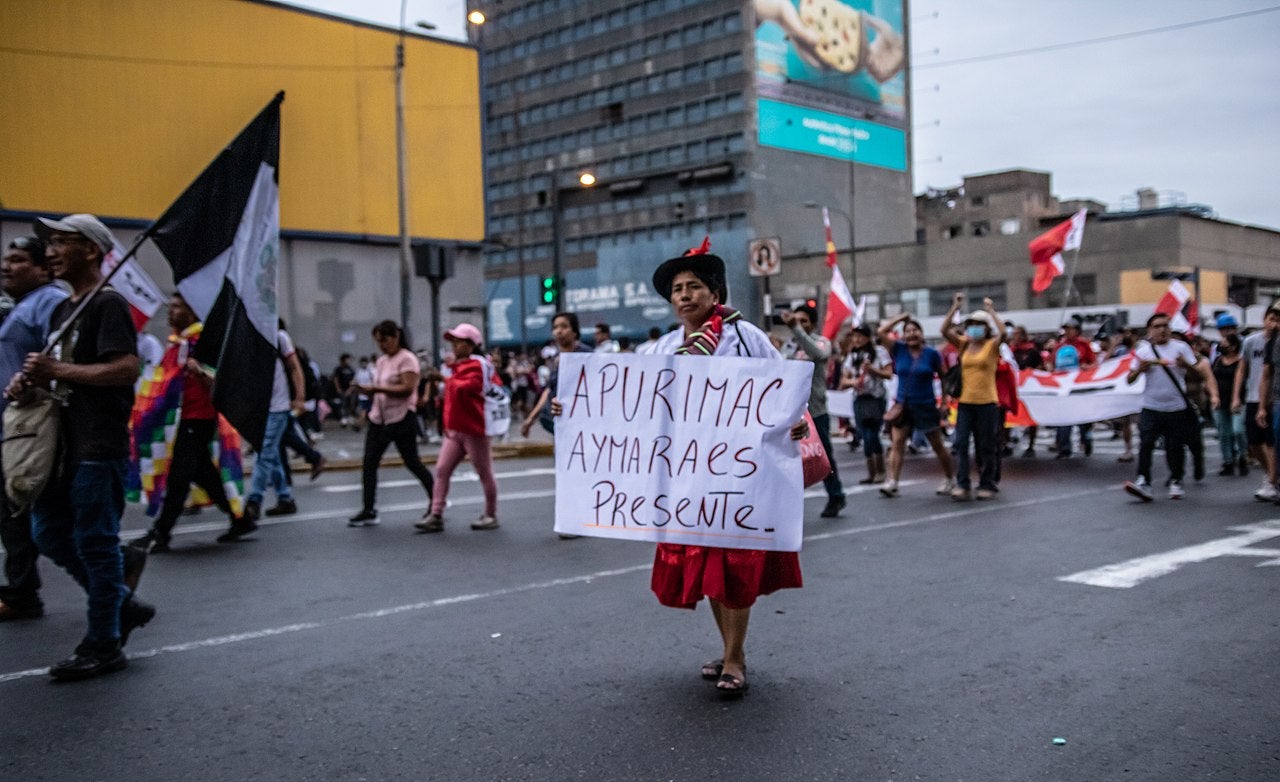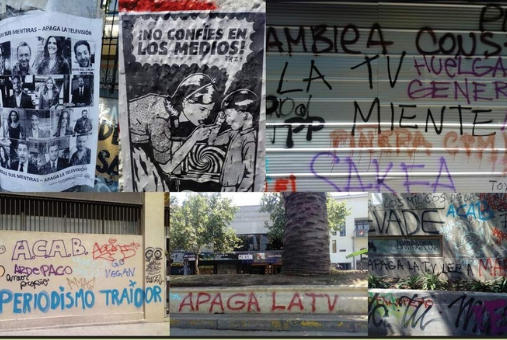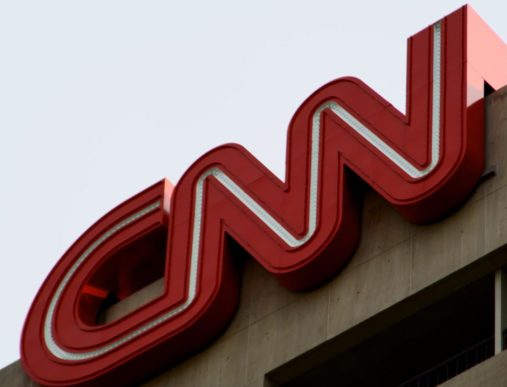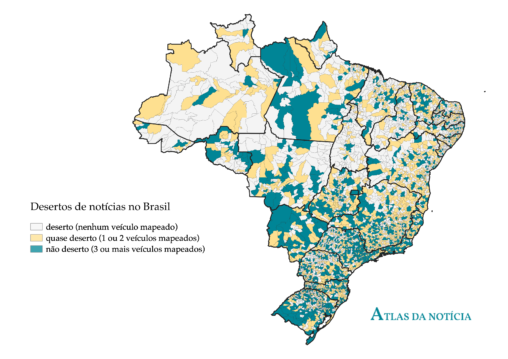
In the style of Trump and Bolsonaro, the new president of Argentina, Javier Milei, employs rhetoric that is openly hostile to the press. Since he took office, this speech has been accompanied by concrete measures, such as suspending advertising from the Executive branch in the media. LatAm Journalism Review interviewed Santiago Marino, a leading Argentine researcher in communication policies, to understand the Milei government's relationship with journalism and public communication policies in Argentina.

Quechua journalists and scholars denounced the Peruvian mainstream media’s coverage of recent political protests, alleging a lack of representation for Indigenous voices in the news. Quechua doctoral students at the University of Texas hosted a webinar on Feb. 20 featuring Indigenous journalists and scholars from various regions of the country.

When the return of Cambio magazine –previously a reference for investigative journalism in Colombia– was announced, it generated debate around press freedom and the situation of the media in the country.

21 researchers, mostly Latin American, address the lack of media pluralism and diversity of voices in public discourse in the region and how it affects the democratization process

A country marked by high media concentration, Brazil has seen its journalism market diversify in the last decade with the arrival of international organizations.

At least 30 percent of Brazilian municipalities run the risk of becoming "news deserts," areas without local news coverage.
Despite the approval of a new communications law in 2014, historic media concentration in the hands of a few economic groups persists in Uruguay, according to a recent investigation. A pending Jan. 1, 2019 deadline means these media companies have just over a year to adapt to the legislation.
Brazil is in "red alert" due to the high concentration of audience, of property and geographical location, lack of transparency and economic, political and religious interference in the country's media. This is the main conclusion of the survey on media ownership in Brazil carried out by the Intervozes communication collective in partnership with the international organization Reporters Without Borders (RSF for its acronym in Spanish).
Considering the concentration of media ownership that has historically existed in Latin America – which threatens diversity and pluralism in that sector – UNESCO has recommended that States seek a balance between the rights of broadcasters and the audience.
Grupo Globo, the largest media conglomerate in Brazil and Latin America, announced on Jan. 19 that it would unify the newsrooms of its newspapers Extra and O Globo. As part of the process, the outlets fired more than 30 journalists. According to the editorial director of O Globo, Ascânio Seleme, the measure aims to streamline costs and implement “radical” changes, which should turn the focus of the outlets to digital production.
In Peru, there is a high level of media concentration that threatens freedom of information in the country, according to a report prepared by Peruvian digital investigative journalism site Ojo Público, in conjunction with the German chapter of the international organization Reporters Without Borders (RSF for its acronym in French).
With the goal of producing an investigative report and a public information database, Peruvian investigative journalism site Ojo Público and international organization Reporters Without Borders (RSF for its acronym in French) have launched a project to monitor ownership of the most important media outlets in the Andean country.